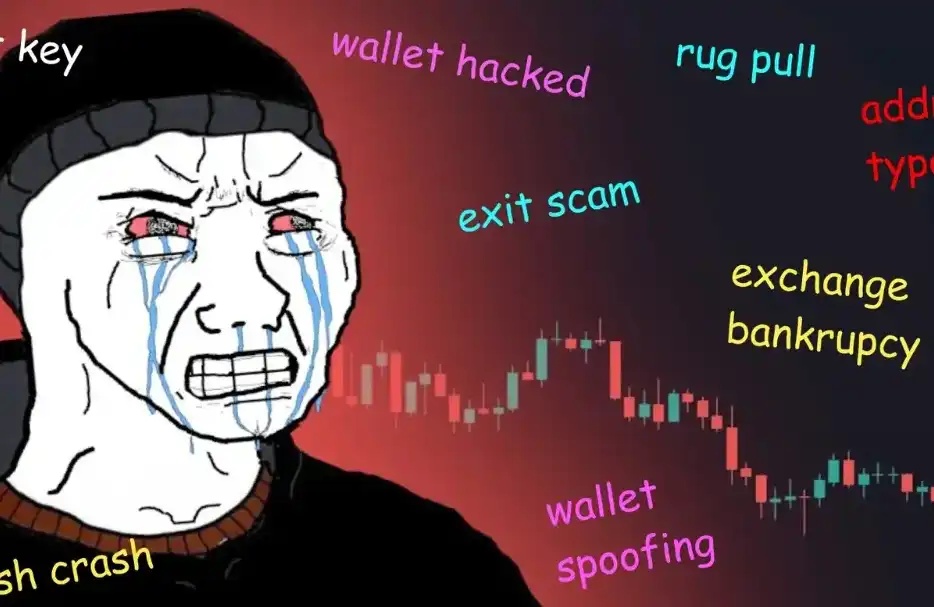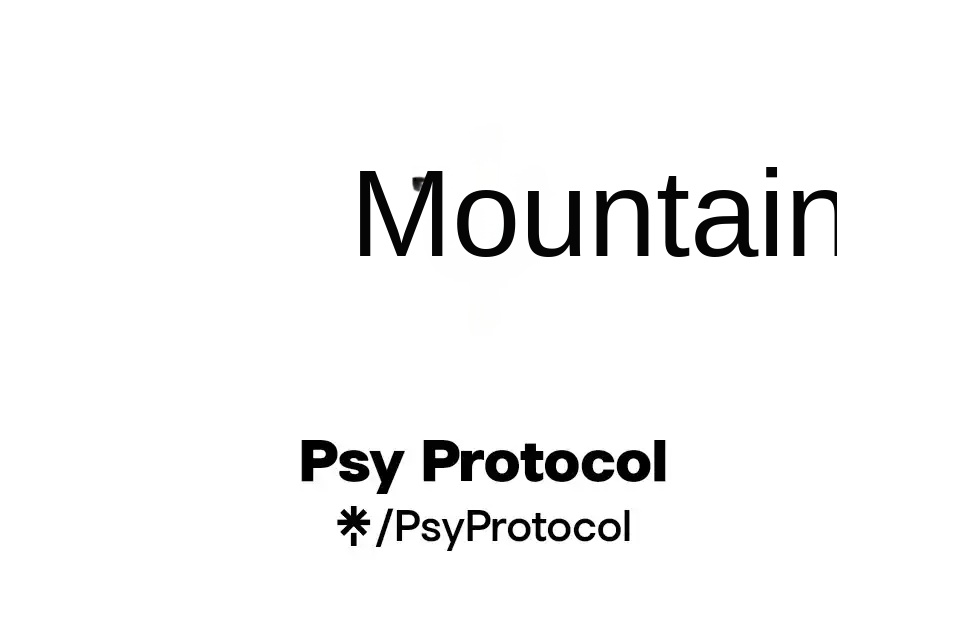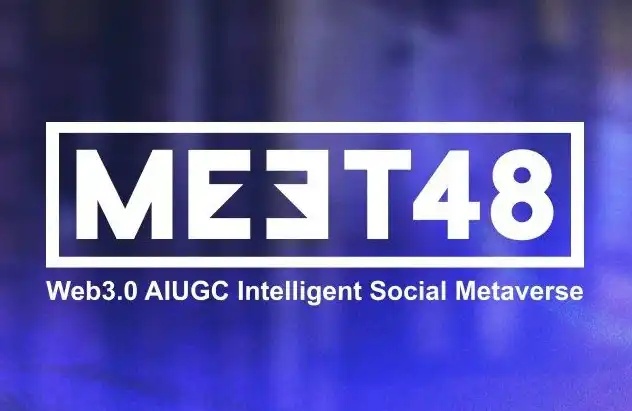a16z: Where Did the U.S. Government's Crypto Crackdown Come From? Which Agencies Are Involved?
Original Article Title: Debanking: What you need to know
Original Source: a16z crypto
Original Translation: 0xjs@, Golden Finance
a16z Co-Founder Marc Andreessen revealed on the November 28 Joe Rogan podcast that 30 tech founders had their bank accounts closed by US banks due to their involvement with crypto. In response, on December 6, a16z crypto published an op-ed discussing "Debanking: What you need to know." The translation by 0xjs@ Golden Finance is as follows:
「Debanking」 has been happening behind the scenes for years but has now become a public discussion topic once again. Many individuals, policymakers, companies, and the most important entrepreneurs for US innovation have spoken out on this issue. As the cryptocurrency industry and specific institutions have repeatedly appeared in this discussion, here is a brief explanation of this phenomenon to help distinguish signal from noise.
But first, what is 「debanking」?
In essence, debanking refers to law-abiding individuals or entities unexpectedly losing their banking relationships, or even being kicked out of the banking system.
Debanking is different from a situation where an entity loses banking services due to being suspected or confirmed of engaging in fraud, money laundering, or other illegal activities.
Debanking can occur without any apparent investigation, detailed explanation, or prior notice, without giving the entity enough time to transfer funds. Most importantly: there is no due process, appeal process, or other recourse.
Why is this important?
We have established fair banking rules, attempting to ensure that people are not discriminated against based on age, gender, marital status, nationality, race, religion, etc. However, these rules do not restrict banks (or their regulators) from arbitrarily denying or revoking someone's banking service rights.
Thus, debanking can be used by specific political actors/institutions as a tool or weapon, systematically employed without due process to target individuals or industries. Imagine if the government decided who could or could not access electricity solely based on political stance or some arbitrary reason... without explanation, investigation, notice, or providing remedies. Debanking is precisely that kind of scenario.
Why Debanking?
Not all bank closures are considered "debanking." Banks can close a customer's account for various reasons, including if they believe the customer is engaged in suspicious activities. Banks may also choose to proactively reduce regulatory compliance costs and workload by limiting exposure to certain individuals, industries, or business models.
However, it is not this legitimate activity that has raised concerns about debanking. Instead, many debanking concerns stem from reports of regulatory agencies abusing their power, pressuring banks to cancel customers in certain industries or those associated with political factions or interests disliked by the political establishment. This allows these regulatory agencies to wield power over industries, even though Congress has never authorized such power.
Banks often acquiesce to this pressure as they do not wish to conflict with regulators. Many banks also do not wish to deal with compliance issues, meaning additional scrutiny imposed by bank regulators for non-compliance.
Where Did "Operation Choke Point" Come From?
In 2013, the U.S. Department of Justice was found to have initiated an investigation into fraud and money laundering by certain businesses, a policy move of the President's Financial Fraud Enforcement Task Force. This marked a shift in government strategy: instead of targeting individual companies' wrongdoing, the government issued subpoenas to banks and payment processors requesting information on their customers engaged in high-risk or politically unfavorable yet legal businesses.
In other words, the government was using regulatory power unjustly to "choke off" financial service channels and close accounts, with the aim of stifling enterprises in industries the government did not favor (as observed by leaders of the American Bankers Association and the Financial Services Roundtable at the time). In 2014, Frank Keating (former President and CEO of the American Bankers Association, former Governor of Oklahoma, and Honorary Chairman of the Bipartisan Policy Center) pointed out in a column in The Wall Street Journal:
"When you become a banker, no one pins a badge on you, nor do you don a judicial robe. So why is the Justice Department telling bankers to act like cops and judges? The Justice Department's new investigation, called 'Operation Choke Point,' demands that banks identify customers who might be breaking the law or just doing things that government officials don't like."
Due to strong opposition from the law, Congress, and institutions, the program was shut down the following year.
Today, the phrase 「Operation Choke Point 2.0」 is sometimes used to refer to the government cutting off banking services to "political enemies and unwelcome tech startups." Or in other words, this term refers to banks "severing relationships with customers deemed politically incorrect, extreme, dangerous, or overstepping." However defined, the term represents an issue affecting both ends of the political spectrum and entities across the political spectrum.
Which Institutions are Involved?
The inner workings of "Choke Point" — as well as any other related or subsequent systemic efforts aimed at depriving specific entities or industries of banking services — were previously unknown, as any investigations (if conducted) were carried out behind closed doors, and Freedom of Information Act requests were pending. However, on December 6, a court filing in such a FOIA case revealed that the Federal Deposit Insurance Corporation (FDIC) instructed at least one bank (in a letter dated March 11, 2022): "…the FDIC has not yet determined what regulatory paperwork banks engaging in such activities would need, if any. As a result, we respectfully request that you cease all activities related to digital assets." Numerous FDIC letters were submitted as appendices to the filing.
At the same time, it is already known that the original Financial Fraud Enforcement Task Force that implemented "Operation Choke Point 1.0" in 2013 included the Federal Deposit Insurance Corporation (FDIC) and the Department of Justice (DOJ) among others. The Office of the Comptroller of the Currency (OCC) — an independent bureau under the U.S. Department of the Treasury — also appears to have been involved, along with the U.S. central bank — the Federal Reserve Board (FRB). The Consumer Financial Protection Bureau (CFPB) is also mentioned.
Note: The U.S. government is not the only country to implement debanking policies. Other countries, such as Canada, have also employed such strategies; the UK has also had to investigate complaints about government-led debanking policies.
Why is the Government Doing This? What are the Effects?
Debanking is motivated by various reasons, from combating fraud by payment processors to preventing high-risk businesses from operating, as these businesses may be seen as having more links to money laundering. These reasons are often referred to as "de-risking" rather than "debanking": "Financial institutions terminating or restricting business relationships with broad categories of customers without individually assessing and managing the risks posed by those customers."
In a broader sense, de-risking and debanking can serve as a "partisan tool," choking off legitimate businesses solely for political reasons. Another reason may be that certain government entities wish to have more discretion and power in deciding "where consumers can access loans, financial products, and other banking services and under what circumstances."
It is important to note that the issue does not lie in the performance of a specific government entity's duties. The issue lies in the government's excessive interference with legitimate businesses (or general abuse of power)—with no meaningful due process and no ability to constrain its actions, often carried out behind the scenes. Particularly because there are already enough laws and legal means to regulate businesses for legitimate reasons, such as providing consumer protection, preventing money laundering, and stopping other criminal activities.
The use of debanking strategies can lead to many unforeseen consequences. Even if the aim is truly to protect consumers and the banking system, the results may backfire, hindering consumer choice or causing a chilling effect on the entire industry. These practices also undermine the U.S. government's own policy objectives, as highlighted in the U.S. Department of the Treasury's Report on De-Risking (2023):
· Excluding financial activities from the regulated financial system;
· Obstructing remittances or delaying the smooth transfer of international development funds and humanitarian/disaster relief funds;
· Impeding the effective use of the financial system by low- to middle-income groups and other underserved populations;
· Undermining the central position of the U.S. financial system.
Ultimately, employing a "debanking" strategy could inadvertently punish legitimate businesses and individuals through association. For example, someone may have their previously approved mortgage loan revoked simply because they work for an open-source foundation in the cryptocurrency industry.
For all the reasons mentioned above, many consider the practice of debanking to be "un-American." When debanking indiscriminately targets emerging technologies, it is undoubtedly anti-innovative.
How Widespread Is Debanking?
While we cannot speak for the entire industry or specific interests, as venture capitalists in the cryptocurrency industry, we have witnessed firsthand at least 30 debanking cases occurring in our portfolio companies and founders over the past four years. Coinbase has also publicly stated that they have identified at least "20 instances where the FDIC has requested that a bank 'pause,' 'stop providing,' or 'not continue' providing cryptocurrency banking services."
There may be more cases like this. Due to many entrepreneurs and small businesses being concerned about further retaliation or lacking resources to address the issue, they have been hesitant to come forward, and thus the issue has gone unreported.
For companies in our portfolio, many instances of debanking have occurred with companies that are pre-revenue and pre-token issuance. Their bank accounts have received venture capital funding (provided through institutions like pension funds and university endowments), with these companies using the funds for employee salaries and regular business expenses—just like any other tech startup.
So, what reasons have these companies been given? Whether written or (more commonly) verbal? The stated reasons include "We do not offer cryptocurrency banking services," and more commonly: "Your account has been closed due to compliance-related issues. Please withdraw all funds immediately." These companies have also been informed of this, but have not received specific information on which exact "compliance" issue, nor can they remedy it if one does exist. Finally, other reports we have received from companies include:
· Being informed that "the business compliance back-office team closed the account and prevented us from opening any other account. No other reasons given, and no appeals process provided";
· Being rejected due to "a lack of trust in anyone operating a crypto company";
· Receiving baseless inquiries and notices, bringing costly cycles and undue stress to the startup—already operating lean compared to large companies.
Welcome to join the official BlockBeats community:
Telegram Subscription Group: https://t.me/theblockbeats
Telegram Discussion Group: https://t.me/BlockBeats_App
Official Twitter Account: https://twitter.com/BlockBeatsAsia


 Forum
Forum Finance
Finance
 Specials
Specials
 On-chain Eco
On-chain Eco
 Entry
Entry
 Podcasts
Podcasts
 Activities
Activities
 OPRR
OPRR









